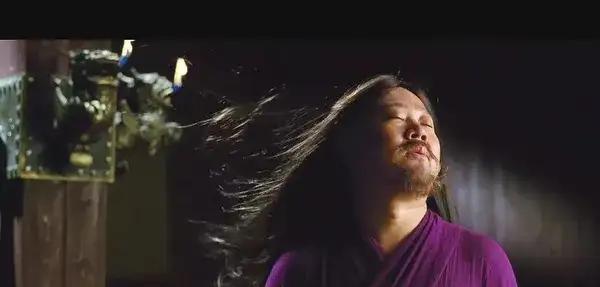The Evolution and Challenges of Modern Comedy
Modern comedy filmmaking faces increasing difficulties due to changing audience tastes, media landscape shifts, and the challenge of creating sophisticated humor that resonates across different social groups in an era of abundant entertainment options.

The art of comedy filmmaking has evolved dramatically since its early days. What was once a scarce form of entertainment, where viewers would eagerly await the rare chance to watch comedic films, has transformed into a world of unlimited access to humor through various platforms and mediums.
Director Dong Runian’s reflection on his experience with Jurassic Park in 1994 perfectly illustrates this transformation. His desperate search for a way to watch the film, eventually finding a worn-out videotape that he treasured, represents a bygone era when access to entertainment was limited. Today’s audiences, in contrast, can instantly access virtually any comedy content ever created through multiple channels.
This shift has fundamentally changed how audiences consume and appreciate comedy. The proliferation of short-form video content on platforms has created a situation where humor has become a readily available “emotional commodity.” With thousands of comedic videos uploaded daily, audiences have developed increasingly sophisticated taste levels and higher thresholds for what they find funny.
The challenge for modern comedy creators extends beyond mere accessibility. Contemporary audiences in China have become more fragmented, with different social groups holding varying, sometimes opposing viewpoints. This fragmentation makes it increasingly difficult to create comedy that resonates universally. While films like “The West Prosperity” appear to draw inspiration from Hollywood classics, they often rely on exaggerated characters and scenarios that deliberately avoid realistic social commentary.
Modern Chinese comedians have adapted to these challenges in various ways. Some, like Zhou Xingchi (Stephen Chow), excel at sophisticated physical comedy and clever wordplay. Others, like Guo Degang, bring traditional xiangsheng (crosstalk) elements to modern formats. However, the transition from one medium to another isn’t always successful, as demonstrated by various attempts to adapt stage performances to film.
The increasing difficulty in creating successful comedy films stems not just from audience sophistication but also from the complex interplay of social factors. Characters and situations that might have worked in previous decades now face greater scrutiny regarding their social implications and messaging. Additionally, the rapid pace of short-form content makes it challenging for feature-length comedies to maintain freshness and surprise.
Yet, amidst these challenges, successful comedies continue to emerge. Films that manage to combine genuine humor with meaningful social commentary or personal storytelling still find their audience. The key lies not just in making people laugh but in creating comedy that reflects and engages with the complexities of modern life while maintaining artistic integrity and emotional authenticity.
The evolution of comedy reflects broader changes in society, with successful modern comedies needing to balance entertainment with insight, accessibility with sophistication, and humor with social awareness. The increasing difficulty in creating successful comedy films isn’t necessarily a sign of decline but rather a challenge to innovate and adapt to changing times while maintaining the essential spirit of comedy that has endured throughout history.